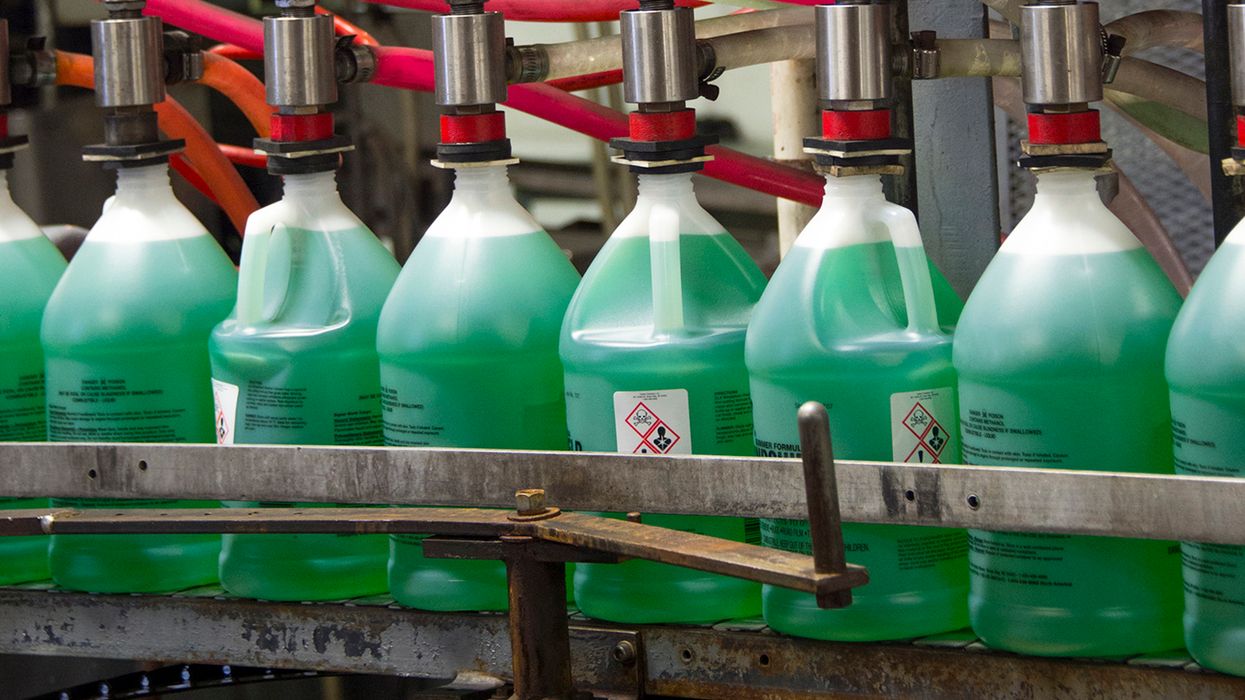Marijuana and cross-border trucking.
In Canada, human rights law has restricted employers’ ability to conduct mandatory drug testing, even for safety-sensitive positions. In many cases, employers may not test for drugs, including for the presence of recreational cannabis, alcohol, and other drugs — legal and illegal. Employers have the right to expect employees to arrive at work fit for duty and remain that way throughout the duration of their shift.
The law in the United States trucking industry is much different and every Canadian trucking company operating south of the border must ensure that when crossing the border that they comply with US trucking regulations to operate in the US.
Marijuana trucking regulations
Driving a truck while under the influence of marijuana has always been and will always be illegal and cause for discipline by employers in both Canada and the United States. But the legal steps employers can and must take to prevent cannabis-impaired driving differ vastly between each country.
In the US. certain states have decriminalized recreational marijuana; however, it remains classified as a “Schedule 1” drug federally. Even seemingly trivial cannabis use, or association can be grounds for being turned away at the border. A Canadian trucking company must strictly comply with US trucking regulations to operate in the US. These regulations require frequent testing in many circumstances, such as before employment, after an accident, upon reasonable suspicion of impairment, after being taken out of duty for a previous failed drug test, and at random intervals throughout a driver’s employment.
Addressing recreational marijuana
As a Motor Carrier, you need to ensure you address recreational marijuana use with your drivers and ensure they know the law not only in Canada but in the US if they travel across the border. Many may understand the immediate and short-term effects of marijuana, but the side effects are hazardous to road safety. Common effects of driving under the influence of cannabis are:
- Affected motor skills
- Slows down reaction time
- Impaired memory and concentration
- Causes drivers to vary in speed and wander on the road
- Affects ability to plan ahead, think clearly, and make sound decisions
Key to remember: Recreational marijuana use is not an addiction, it is not protected under Canadian human rights laws and, it can be cause for discipline. If a driver is precluded entry to the US on account of recreational use, and there is no perception of disability, there is no duty to accommodate.




















































